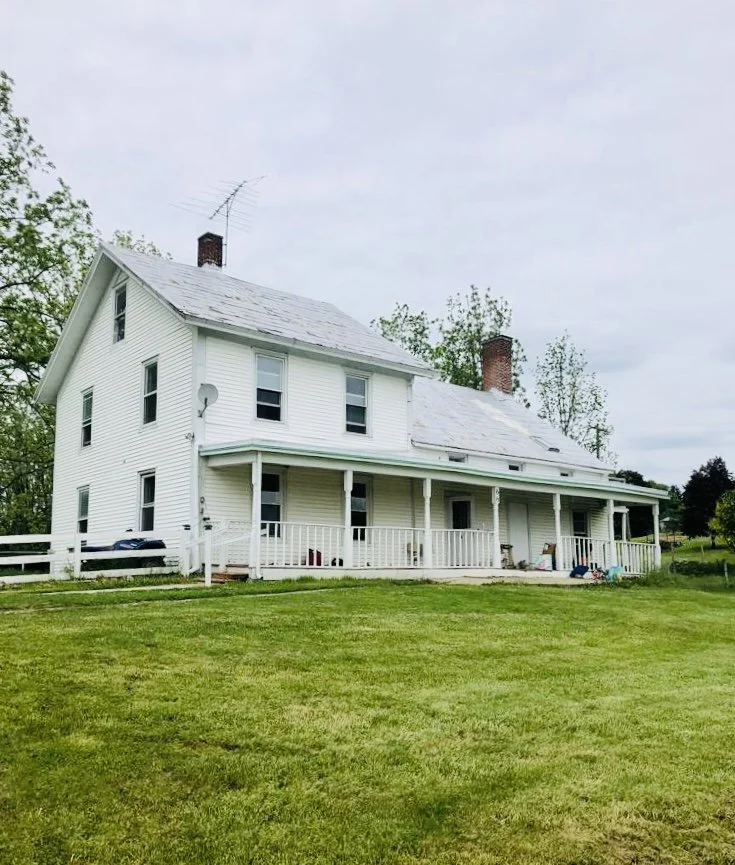Warwick, New York, has a rich history that dates back to the pre-colonial era. The area was originally inhabited by Native American tribes, including the Lenape people. European settlers arrived in the late 17th century and established Warwick in 1788. Throughout its history, agriculture has played a crucial role in the development and economy of Warwick.
In the early years of Warwick, agriculture served as the primary livelihood for settlers. The region's fertile soil and favorable climate provided an ideal environment for farming. Farmers cultivated a variety of crops, including wheat, corn, barley, oats, and rye. The agricultural industry flourished, and the town became known for its abundance of high-quality produce.
During the 19th century, Warwick experienced significant growth and transformation. The opening of the Erie Canal in 1825 facilitated the transportation of goods and allowed Warwick farmers to expand their markets beyond local communities. This led to an increase in agricultural production, and the town became a key supplier of crops to New York City and other urban centers.
Apple orchards emerged as one of the most prominent agricultural features of Warwick. The region's favorable climate and rich soil supported the growth of apple trees, and Warwick became renowned for its apple production. Several varieties of apples were cultivated, including the famous Warwick Greening apple, which gained popularity and was widely sought after.
In addition to apple orchards, Warwick farmers also engaged in dairy farming, raising cattle and producing milk, butter, and cheese. The dairy industry thrived, and Warwick's dairy products gained a reputation for their quality. Farmers organized cooperative creameries to process and distribute milk and dairy products.
Warwick's agricultural heritage is celebrated annually through various events and traditions. The Warwick Valley Applefest, held each October since 1989, attracts thousands of visitors to celebrate the region's apple harvest. The event showcases local apple products, crafts, and entertainment, highlighting the town's agricultural roots.
While Warwick has undergone some economic diversification in recent decades, with the growth of tourism and other industries, agriculture continues to play a vital role in the local economy. Many family-owned farms still operate in the area, producing a range of agricultural products, including apples, vegetables, dairy, and meats. The town's commitment to preserving its agricultural heritage is evident in the efforts to protect farmland and promote sustainable farming practices.
Overall, Warwick, New York, has a rich history deeply intertwined with agriculture. From its early days as a farming community to its renowned apple orchards and thriving dairy industry, the town's agricultural heritage remains an integral part of its identity and contributes to its vibrant local economy.
Incredible opportunity for winery, apple orchard, etc.
The beautiful Wallkill River runs through the property.
4 houses included with the property.
Exceptional demographics with nearby median household income breaking $154,188 within a 2 mile radius.




